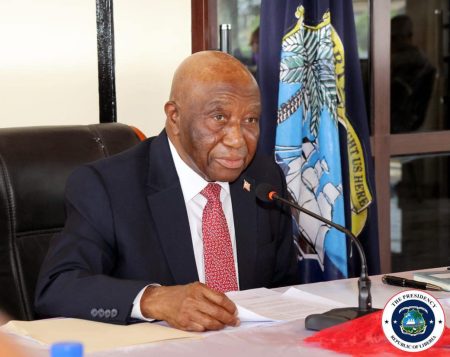The devastating flood that ravaged communities in Mokwa Local Government Area of Niger State has left a trail of destruction and loss, with the death toll climbing to a staggering 151, according to the Niger State Emergency Management Agency (NSEMA). This represents a significant increase from earlier reports and underscores the immense scale of the disaster. The flood, triggered by hours of torrential downpour on Wednesday night, has displaced 3,018 people, leaving them without homes and basic necessities. The impact on the affected communities is profound, with 503 households directly impacted and 265 homes completely washed away by the surging floodwaters. The disaster has also severely disrupted local infrastructure, with two roads and two crucial bridges rendered impassable, further isolating the affected communities and hindering relief efforts. Eleven individuals also sustained injuries during the catastrophic event, adding to the overall burden on the already strained healthcare system.
The flood’s impact has been concentrated in three communities within Mokwa Local Government Area. These communities, Tiffin Maza and Anguwan Hausawa among them, bore the brunt of the relentless downpour and the subsequent flooding. The sudden and violent nature of the flood left residents with little time to react, resulting in the tragic loss of life and widespread property damage. The affected communities are now facing a complex and challenging recovery process, grappling with the loss of loved ones, homes, and essential infrastructure. The scale of the destruction highlights the urgent need for comprehensive relief and rehabilitation efforts to support the affected communities in rebuilding their lives and livelihoods.
The surging floodwaters, described as relentless and unforgiving, submerged entire neighborhoods, sweeping away homes and leaving a trail of debris in their wake. The speed and force of the flooding caught many residents off guard, leaving them trapped in their homes with little chance of escape. Eyewitness accounts paint a grim picture of the devastation, with families separated and homes reduced to rubble. The impact on the local economy is also significant, as businesses have been destroyed, crops washed away, and livelihoods disrupted. The long-term consequences of this disaster will undoubtedly be felt for years to come, underscoring the need for sustainable recovery and development initiatives.
The Niger State Emergency Management Agency (NSEMA) has been at the forefront of the response efforts, providing updates on the evolving situation and coordinating relief efforts. Their latest report confirms the grim reality of the disaster, with the death toll continuing to rise as search and rescue operations continue. The agency is working closely with local authorities and other stakeholders to provide essential assistance to the affected communities, including food, shelter, medical care, and other basic necessities. The challenges faced by the relief teams are immense, given the scale of the destruction and the difficult terrain. Access to some of the affected areas remains challenging due to damaged roads and bridges, further complicating the delivery of aid.
The scale of the disaster has prompted calls for greater investment in disaster preparedness and mitigation measures. Experts emphasize the need for improved early warning systems, flood control infrastructure, and community-based disaster risk reduction programs. Climate change is believed to be a contributing factor to the increasing frequency and intensity of extreme weather events, such as the recent flooding in Niger State. The tragedy serves as a stark reminder of the vulnerability of communities to climate change impacts and the urgent need for proactive measures to mitigate future risks.
The recovery process will be long and arduous, requiring a concerted effort from all stakeholders. Beyond the immediate relief efforts, there is a pressing need for long-term rehabilitation and reconstruction programs to help the affected communities rebuild their homes, livelihoods, and infrastructure. Psychosocial support will also be crucial for those who have lost loved ones or experienced trauma during the disaster. The international community has expressed solidarity with the people of Niger State and pledged support for the recovery efforts. This support will be essential in helping the affected communities overcome the devastating impact of the flood and build a more resilient future.














